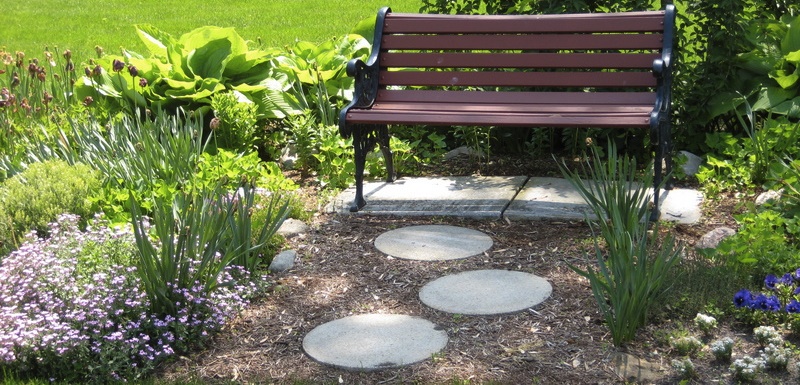
When Dr. Maria Montessori was asked to define her method of education she had a simple reply, “It is an aid to life.”
We use the Montessori Method as a highly effective and accessible approach to engage people who are living with Alzheimer’s. The Montessori Method is based on the use of procedural memory (repetitive muscle memory). Procedural memory is the memory system that tends to be less affected by Alzheimer’s. We use the Montessori Method and materials to help older people maintain their spared abilities and remaining skills for as long as possible.
Joe was a 94 year old farmer who had led an independent, active, out of doors life. He was devastated when he began having difficulties zipping his clothes and feeding himself. We introduced Joe to the Montessori zipper frame (material stretched on a wooden frame with a zipper in the middle). Joe could practice zipping over and over and gradually began to strengthen his ability to zip his clothes. Joe also used the knobbed cylinders, a wooden block that holds ten different sized wooden cylinders. The object of this exercise is to return the cylinders to the correct hole. Grasping the knobs on the tops of the cylinders engages the pincer movement in the hand and gave Joe lots of practice in hand-eye coordination. After a few weeks, Joe was able to feed himself again and to zip his clothes. These accomplishments made him feel much happier and more confident, less anxious and depressed.
The Montessori Method for Alzheimer’s care covers much more than helping elders maintain ADL’s (activities of daily living); this method also helps promote socialization, creativity and generativity for people living with Alzheimer’s. We will be writing about our experiences using the Montessori Method for persons living with Alzheimer’s in long term care facilities, adult day centers and memory support clinics. We train front line staff, medical staff and family members in the use of the Montessori Method for Alzheimer’s care. After years of doing this work, we find that both caregivers and those they care for benefit enormously from this “aid to life” the Montessori Method.









